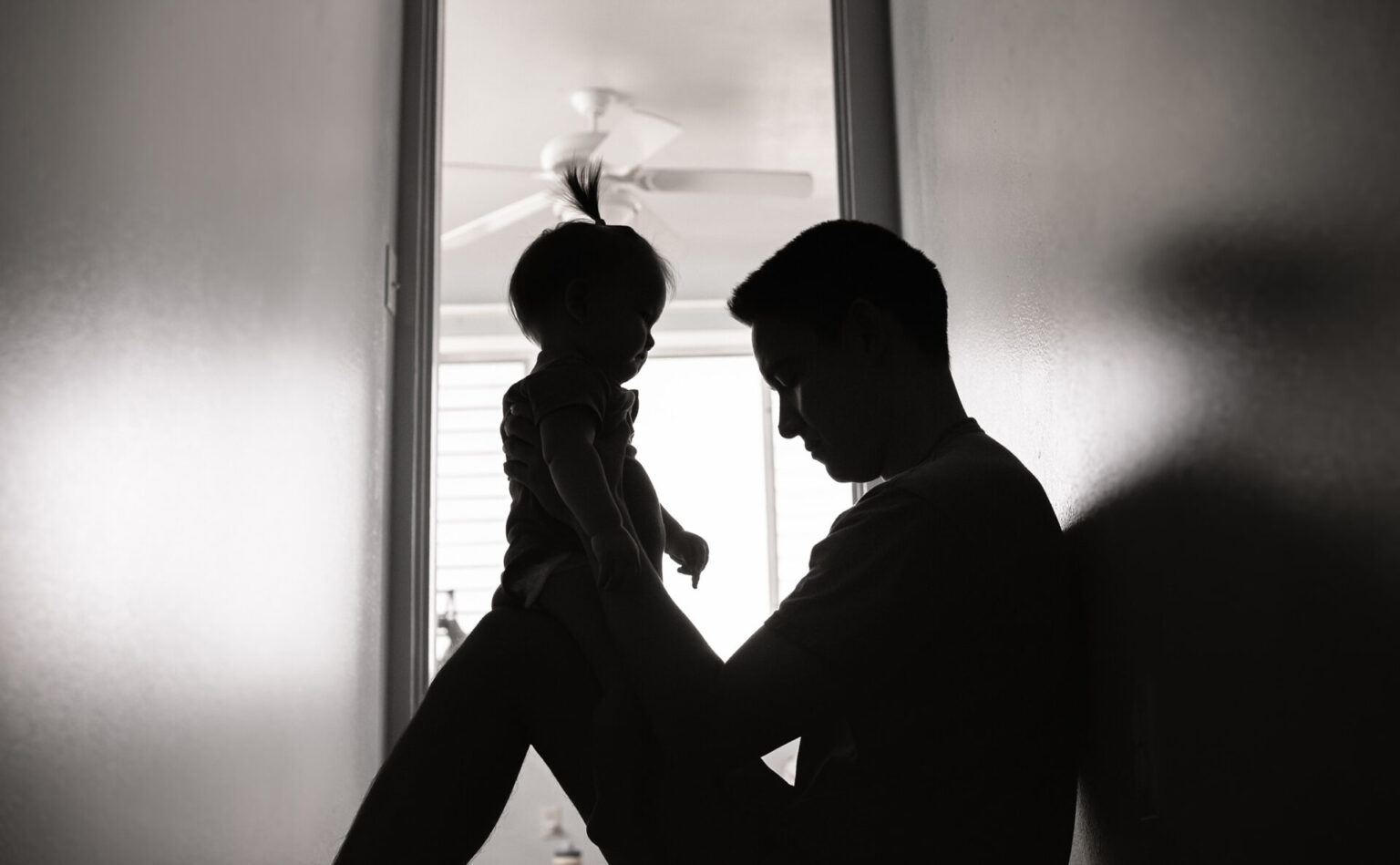There’s nothing worse than not getting enough sleep, and it’s pretty much a given in your baby’s first year. But all is not lost—there are things you can do to ease the toll of sleep deprivation as your little one learns just how glorious sleep can be (they’ll learn eventually, don’t worry! They may be 13, but we digress.)
The average adult should get seven or more hours of shut eye each night, but with wee ones in the house, that’s an unlikely scenario. On average, new parents lose a staggering 109 minutes of sleep a night in the first year after having a new baby. It’s no laughing matter, either: Every new parent has a tale of car keys mistakenly tucked into the freezer or sweaters worn to work inside-out, but fatigue is a serious issue. Fragmented rest wreaks havoc on memory, metabolism, decision-making abilities and the ability to multi-task.
Studies also indicate that lack of sleep worsens the symptoms of post-partum depression in the parent who has given birth, too. Partners take a hit as well, schlepping to work every day with bags under their eyes. Who wants their dental surgeon or fork-lift driver running on a mere four hours of sleep? Or a drowsy parent behind the wheel? American figures estimate that there are 100,000 fatigue-related car crashes each year, resulting in 1,400 deaths.
But we know, as you pace the floor at 3 a.m. with your newborn, it won’t be sleep science and stats you’re thinking about; you’ll be thinking about your pillow. No worries. We’ve got strategies to help you make it through the night.
BE KIND TO YOURSELF:
We know the laundry won’t do itself, and there’s a teetering stack of dishes in the sink, but get your exhausted self to bed whenever you can. This is your official pass to slack off. Take a timeout, call a friend, hang a ‘Do Not Disturb’ sign on the front door, whatever. Catch a break whenever you can.
SHIFT WORK:
Split your night into four-hour time slots so you and your partner can get solid chunks of dream time. When you’re off-duty, find a dark, quiet baby-free zone to catch some zzz’s. Turn off your phone, get yourself some blackout curtains and use a white noise machine or fan to block out ambient noise.
BE PREPARED:
If you must get up, keep the lights low so it’s easier to slip back into sleep after. If you’re breastfeeding, try to express milk during the day so your partner can take over a nighttime feed, too.
GET INTO TRIAL AND ERROR:
Everyone and their mother (and your mother, and your partner’s mother) has an opinion about kids and sleep (not that you asked for it). Don’t even get us started on the additional advice you’ll find on social media. Despite the competing voices, you will eventually find a solution or routine that works for you and your family. And when that solution stops working (and it will—kids are like that), you’ll find another. Just be sure that you are taking a safety-first approach: The ABCs of sleep (Alone, on their Back and in their Crib) should be a priority.
CALL IN THE PROS:
If nothing seems to work, consider hiring a sleep consultant or doula. They can provide a friendly ear, a shoulder to cry on and sound advice. Doulas can get you through early days at home, but there’s a growing number of sleep consultants who can cajole night owls of all ages to sleep. Services and fees vary; a quick Google search will tell you what’s available within your budget.
When in doubt, remember: Your child won’t be doing this forever. By three months, 90 percent of babies are sleeping for six to eight hours stretches. Someday, you’ll even back on these nights with your little one fondly. We promise.










